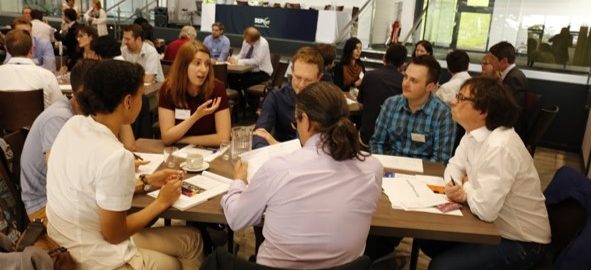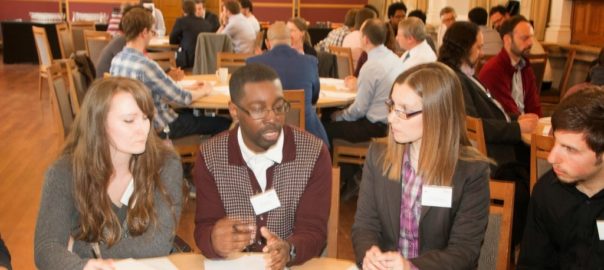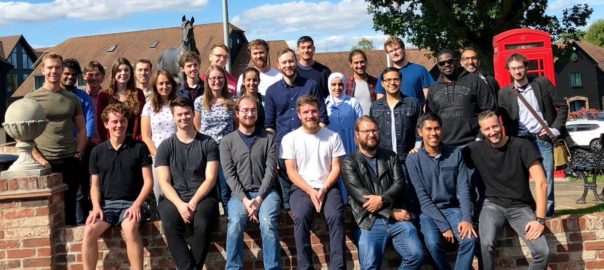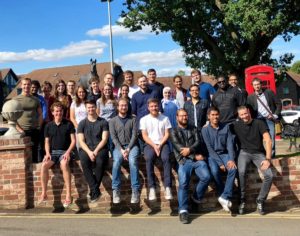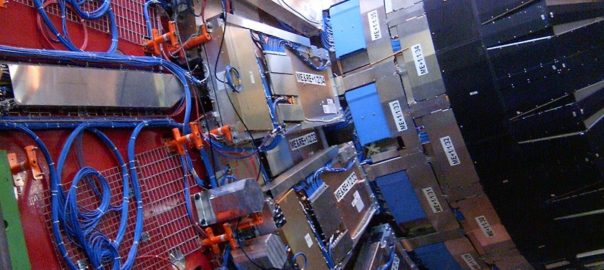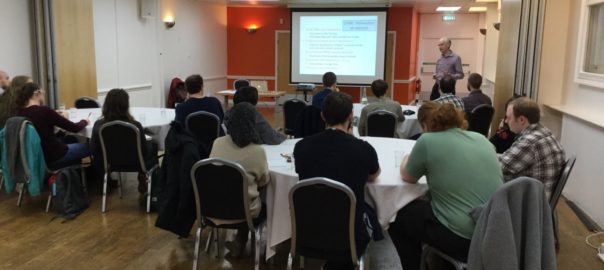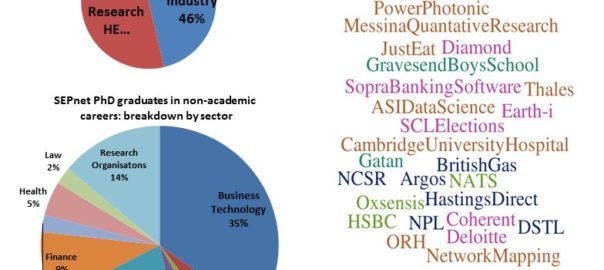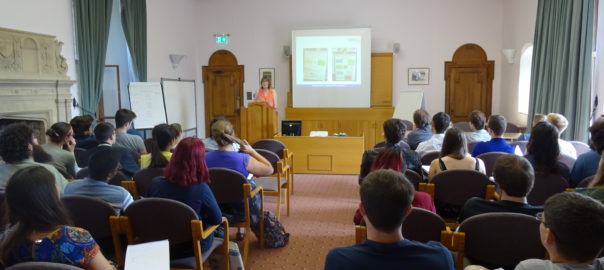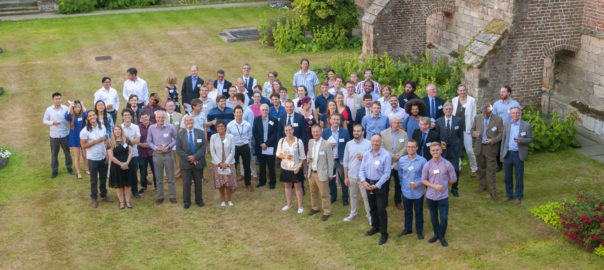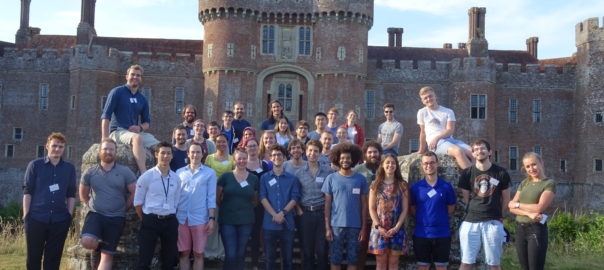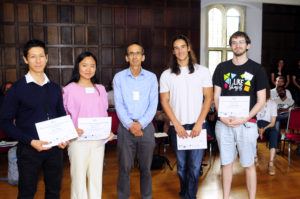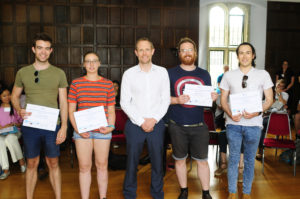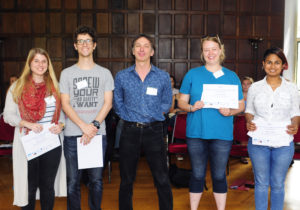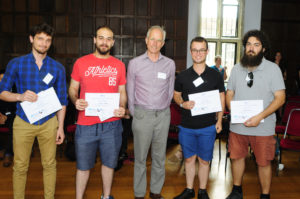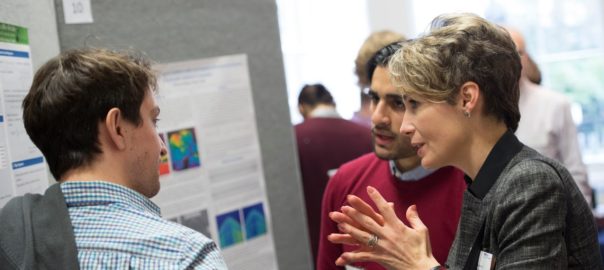The Institute of Physics and SEPnet are organising a joint career networking event for postgraduate researchers. This event will give an insight into the broad range of career paths open to PhD graduates and physics graduates.
This event aims to help, inspire and motivate you to explore the careers options open to you in a welcoming and friendly environment. You will hear from a range of panellists, including PhD graduates in physics-related fields who have gone on to pursue interesting, successful careers in diverse areas – both in and outside academia.
Panellists include: Martin Arnold, Trainee Patent Attorney, WP Thompson (Intellectual Property); Tracey Berry, Senior Lecturer in Physics, Royal Holloway University of London; Elaine Hickmott, Talent Development Specialist, EH Enterprises; Sian Lindsay, Research & Projects Manager, AlgoLabs; Caterina Minelli, Senior Research Scientist, National Physical Laboratory; Russell Richardson, Director, RBA Acoustics Ltd; Rosh Sellahewa, Manager, Deloitte; Mark Telling, Senior Research Scientist, Rutherford Appleton Laboratory; Helen White, Senior Technical Lead, HMG Contractor.
What past attendees said about the last career networking event:
‘Fascinating evening: passionate physicists, open and willing to share, great breadth of experience! I got ideas about what I can do with my physics degree in different sectors.’
‘The variety of panellists was great. Seeing how their PhDs did/did not lead to their career was illuminating.’
‘Good, interesting and useful advice.’
Register here. This event is free for members of the IOP. Non-members pay £15. SEPnet students will be reimbursed on proof of payment and proof of attendance and may be able to claim some travel expenses.

